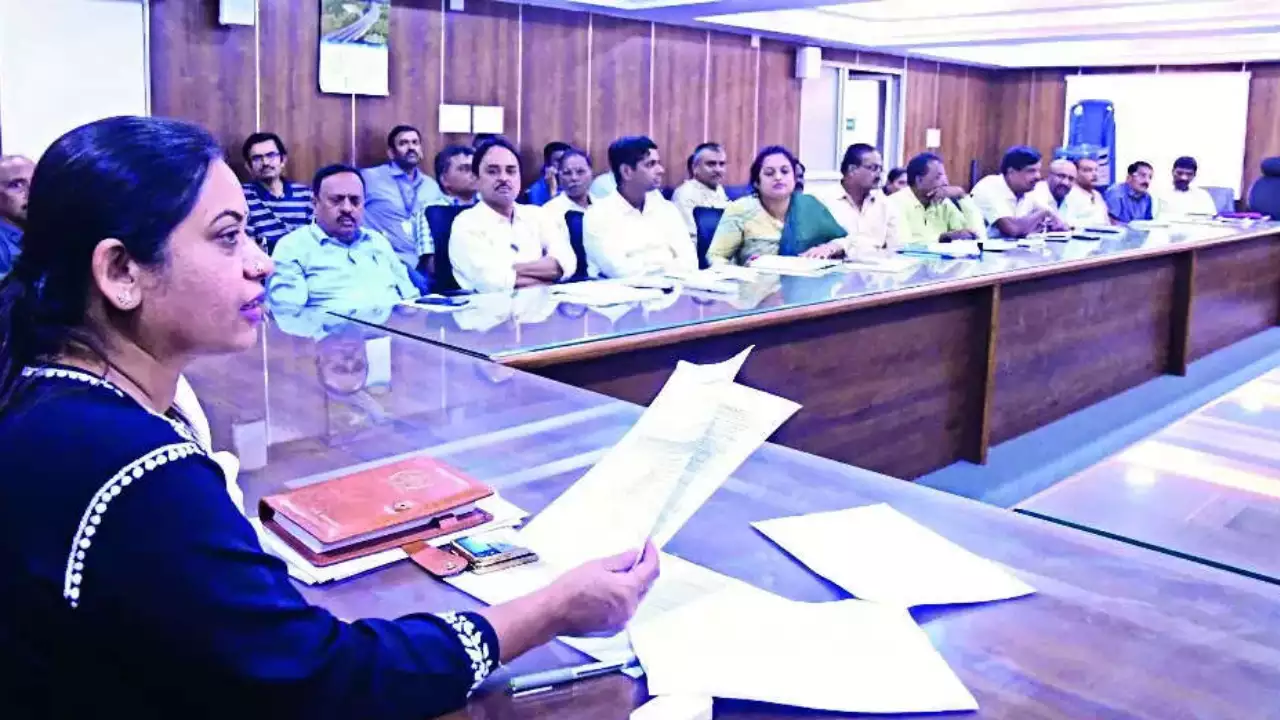In an effort to address Bengaluru’s persistent civic issues, the Bruhat Bengaluru Mahanagara Palike (BBMP) has introduced nodal officers for each ward. This initiative comes after a two-year gap following the dormancy of ward committees, which once served as vital links between citizens and officials. The move, however, has been met with mixed reactions. While some see it as a proactive step, others dismiss it as a temporary solution that may postpone overdue BBMP Council elections. Social activists have also raised concerns about whether nodal officers have sufficient authority to coordinate with agencies like the Bangalore Water Supply and Sewerage Board (BWSSB) and Bangalore Electricity Supply Company Limited (BESCOM) to resolve long-standing grievances.
Residents have voiced their expectations and doubts. Complaints about potholes, garbage accumulation, and water scarcity remain unresolved despite repeated appeals. While certain stakeholders believe nodal officers could bridge communication gaps and ensure accountability, others are sceptical, fearing these officers might become an added bureaucratic layer without tangible outcomes. Residents advocate for officers who are both familiar with their wards and genuinely invested in addressing civic concerns. The appointment also brings into question the timing of public grievance meetings, with suggestions to shift them to weekends for greater community participation.
From a civic perspective, the success of this measure hinges on the officers’ autonomy and their ability to collaborate across departments. Past initiatives often floundered due to political pressures or lack of resources. Critics argue that nodal officers should focus on resolving local issues rather than merely acting as intermediaries for elected representatives. Real improvements would require a clear roadmap, accountability mechanisms, and sustained engagement with residents.
In terms of sustainability, effective governance at the ward level could address systemic urban issues such as waste management, water conservation, and infrastructure development. By prioritising environmentally responsible solutions, Bengaluru can combat its mounting urban challenges. The initiative, though imperfect, could serve as a stepping stone towards sustainable urban development, provided it is implemented with transparency and efficiency.


